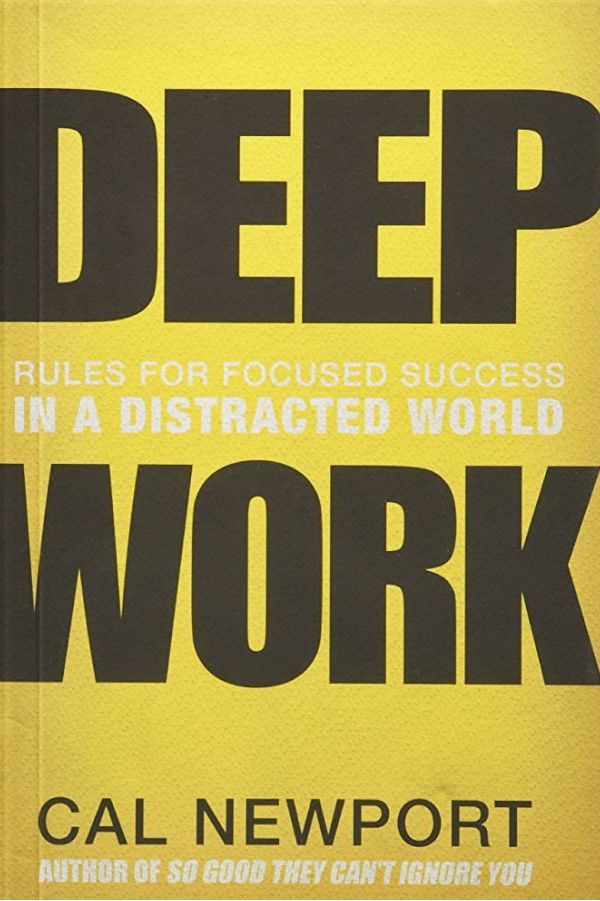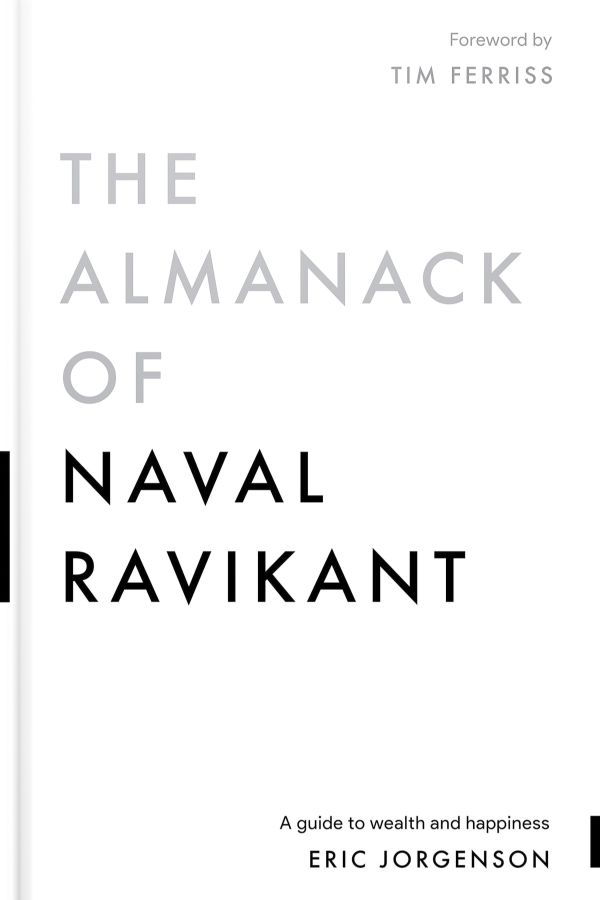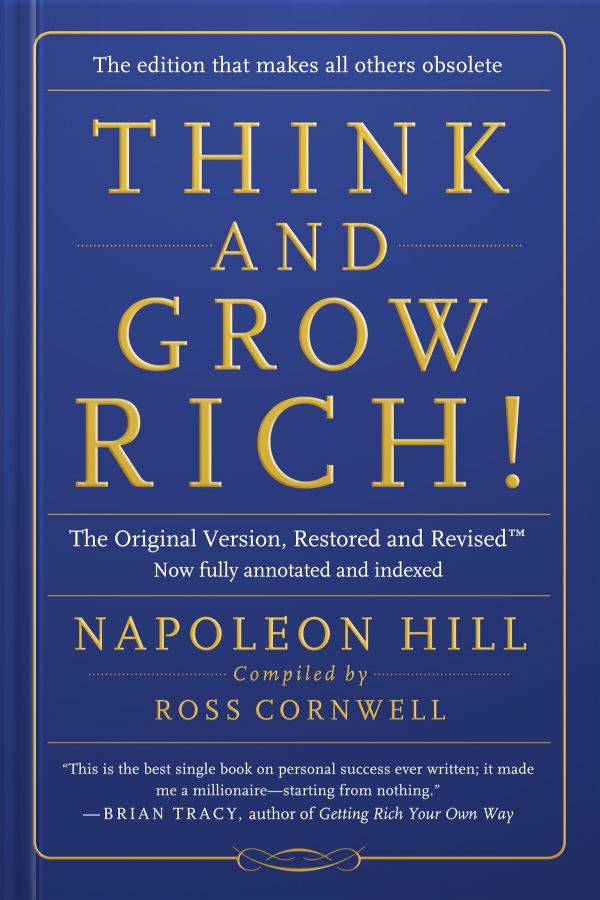
Personal Development
Deep Work by Cal Newport
1. Focus is a Skill
In a world brimming with distractions, honing the skill of focus is paramount. Newport emphasizes that with deliberate practice, stress can be improved.
You can elevate the quality of your output by eliminating distractions, such as the constant buzzing of your smartphone, and making it a habit to engage in focused work daily.
As Newport states:
"The ability to perform deep work is becoming increasingly rare at exactly the same time it is becoming increasingly valuable in our economy".
2. Deep work is King
Shallow work, characterized by low cognitive demand and minimal value, often dominates our schedules.
Newport advocates a shift towards deep work, which involves activities requiring significant cognitive effort and generating substantial value.
Adhering to the 80/20 rule, which suggests that a small fraction of your efforts produce most of your results, helps you prioritize deep work and make meaningful contributions.
Example: Consider a writer aiming to create an impactful article. Instead of succumbing to shallow tasks like checking emails or scrolling through social media, they dedicate a substantial portion of their day to intense writing sessions, delving into profound thoughts, and crafting compelling arguments. This focus on deep work ensures a more meaningful and influential final product.
3. Harnessing the Power of Daily Rituals
Daily rituals, comprising habits and routines, provide structure and enhance productivity.
By establishing consistent patterns, you train your mind to transition into deep work and maximize your creative potential seamlessly.
These rituals are a reliable foundation, allowing you to effortlessly engage in focused work and produce exceptional results.
4. Willpower can run out
Willpower is a finite resource that diminishes throughout the day as you exert self-control.
To ensure optimal performance, strategically scheduling tasks based on your fluctuating willpower levels is crucial.
By aligning challenging, cognitively demanding tasks with periods of high willpower, you can effectively manage your energy and maintain consistent productivity.
5. Dispelling the Myth of Multitasking
Contrary to popular belief, multitasking is a fallacy that compromises the quality of your work.
Rapidly switching attention between tasks prevents you from entering a state of deep work and hampers your ability to produce high-caliber results.
You can unlock your cognitive potential and produce superior-quality work by eliminating multitasking and embracing focused, single-tasking.
6. Removing Distractions
Deep work thrives in an environment free from distractions.
Constant interruptions from notifications, colleagues, or emails divert your focus from the task at hand, diminishing the quality of your output.
By intentionally removing distractions and creating a focused work environment, you can cultivate an atmosphere conducive to deep work.
7. You have max 4 hours of deep work per day
Neurobiology and psychology suggest that, on average, we can sustain around four hours of deep work daily.
Recognizing this limitation, allocating your most cognitively demanding and high-value tasks to these prime hours is essential.
Working within this threshold ensures quality preservation in your deep work and achieves optimal productivity.
If you didn’t complete them, complete them tomorrow to ensure it remains high quality.























